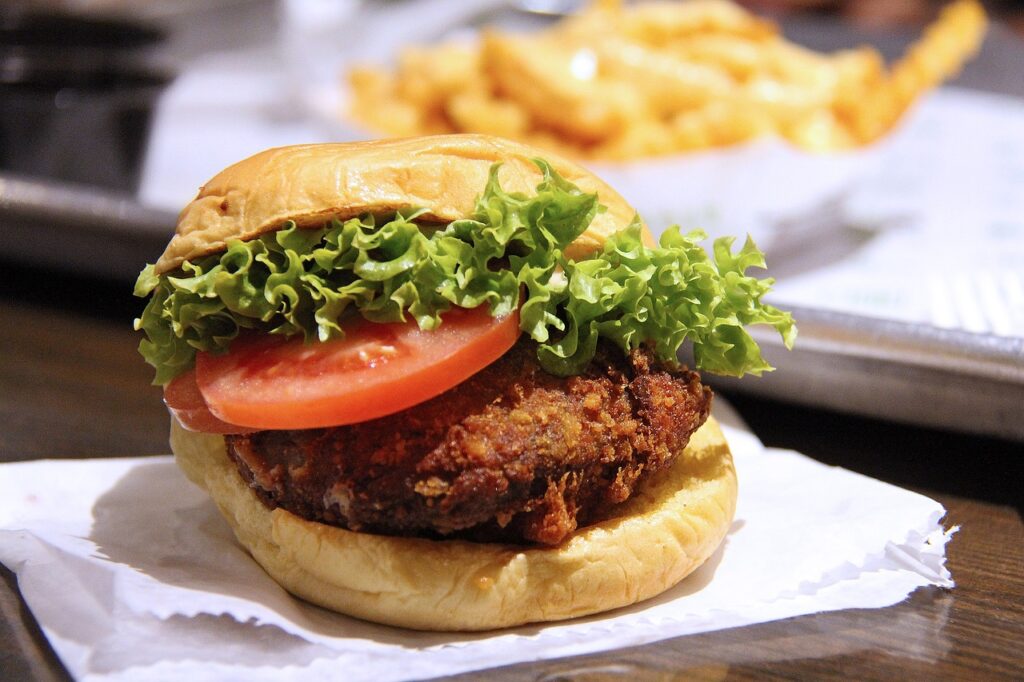The change of seasons, beginning of a new year, or even a Monday, are all considered mile markers used as an opportunity to reassess our relationship with food and commit to making better choices for our health and life. We are now exposed to so much nutrition, food and diet information via social media, books, friends and family, it can get overwhelming. With so many in our population struggling with chronic health conditions like diabetes, obesity, cardiovascular disease, alzheimers, anxiety/depression, etc., more people are flocking to diets that offer the advertised promise of permanent weight loss, good health and the alleviation of these conditions.
Adding a layer to our busy and complex lives is the fact that we potentially make up to 200 food decisions per day. Diets then appeal to us because they offer simplicity and a specific set of rules.
But diets do not take into account bio-individuality; that is, your individual history, ancestry, physiology, psychology and personal preferences. They also tell us what not to eat and often have a particular food enemy: sugar is poison, animal meat will kill you, gluten will cause inflammation, carbohydrates will make you fat.
It’s much easier and headline catching to say ‘sugar is equal to crack’ than unromantically and more scientifically explain how our intake of sugar has gone from about 5-10lbs/per year/per person in 1700 to about 140lbs-220lbs/per year/person today, why it’s so attractive and how consuming less will increase health and what we can do. Further, this kind of restriction creates fear around a particular food or food group and may permanently alter or even damage our relationship to food.
So how do we develop our own nutrition filter and decide if one diet or specific way of eating is right for us? Here are some suggestions:
1. Be curious, dig deeper
Be curious, dig deeper and look beyond the ‘glowy’ surface. Every diet that comes along is touted as miraculous and life changing. Its followers will exaggerate the positives because we only like to talk about great results. Social media can be a highlight reel for life. You will not hear about the person who went vegan and worsened their thyroid condition or going keto sent them to the ER for gallbladder removal.
The truth is that all diets work for a certain amount of time for certain people. For example, the ketogenic diet has been around for decades and is a legitimate therapeutic diet for those with epilepsy. Only more recently, has it been taken on by the general population. While it has certainly worked for some, it has silently not worked for many more.
Do some research and/or check in with a trusted health practitioner to see if this diet or any other change is right for you.
2. Define success for You
Define success. Is it losing weight in the shortest amount of time possible? Is it to increase health, have more energy, be able to get up from the ground without help, tie your shoes, run a marathon?
Success is not just about quick weight loss, but keeping it off. It is about building diet, lifestyle and fitness habits that keep you healthy for a lifetime. Further, it’s not something that is measured in 30 days or a few months; it’s measured in years.
3. Is it sustainable?
How does the proposed diet stack up to the following list of qualifications and questions: are you satisfied, do you have energy, are cravings under control, do you have flexibility within the structure, are you enjoying the food, do you sleep well, are you able to have a social life, and are you able to be productive and not think of food 24 hours/day. If you make a slight diversion and eat a food/drink not on the diet list, do you have fear, guilt, shame?
4. Commit to the Basics
4. Commit to the unsexy and basic foundations of nutrition and health. Try not to follow a specific diet, but start consistently adding foods you already know that increase health: fruits, vegetables, good quality protein (from legumes or animal foods), nuts, seeds, etc. Increase movement, decrease stress, go to sleep earlier, get outside, surround yourself with people who support you. No doubt, more energy, increased mood, changes in body composition, and other results will occur!
5. Bio-individuality rules
Yes, bio-individuality rules. The only one true rule in nutrition is that you must do what works for you. One recipe is this: Start with any diet, approach or protocol that you like or are drawn to and see how you feel. Check in with the questions listed in #3.
Is your hunger under control, do you have energy, are you losing fat, how is your health? If not, adjust your approach.
Creating your own plan takes detective work, personal responsibility and awareness. It forces you to become aware of how specific foods or combinations of foods make you feel.
For example, sweet potatoes have one of the best nutrient profiles in existence. If you eat them with a little butter and feel satisfied for 3-4 hours, then clearly that works for you. However, if you dislike sweet potatoes and you get hungry, jittery or spacey shortly after eating them, then you have your answer.
No one blog, book, friend, doctor or nutritionist can tell you what’s best for you. Lastly, and importantly, always be open to adjusting your diet when it stops working for you. Our bodies, needs, wants, activity levels, health concerns, environments are always changing. Adherence to a belief that tightly is more like a fundamental religion.
It is the utmost privilege and luxury that most of us get to choose how, what, when and with whom we eat. Let’s enjoy this pleasure, use it to unite and keep it in perspective.



